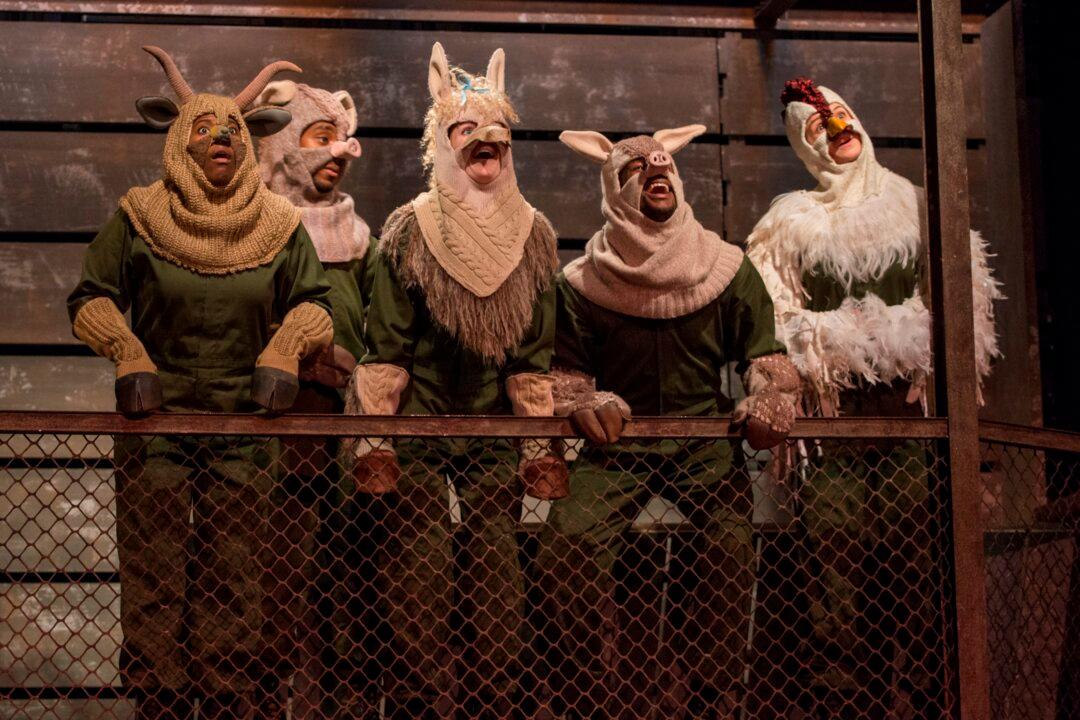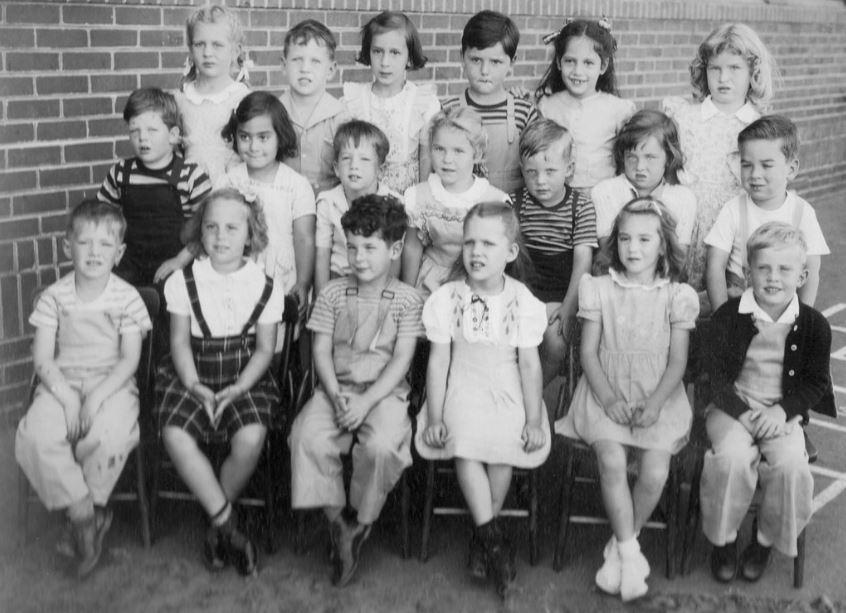“The Lord of the Rings.” “Star Wars.” “Harry Potter.” These beloved fantasies, despite their differences in tone and setting, all have one thing in common. In each case, the great battle has already been fought.
Aragorn’s quest to reclaim the throne of Gondor and help Frodo destroy the One Ring is the continuation and final fulfillment of the War of the Last Alliance, which Aragorn’s ancestor Isildur waged against Sauron millennia earlier. Even Sauron himself was a mere servant of a greater evil—Morgoth, the “Great Enemy”—who only the gods themselves could ultimately defeat.





